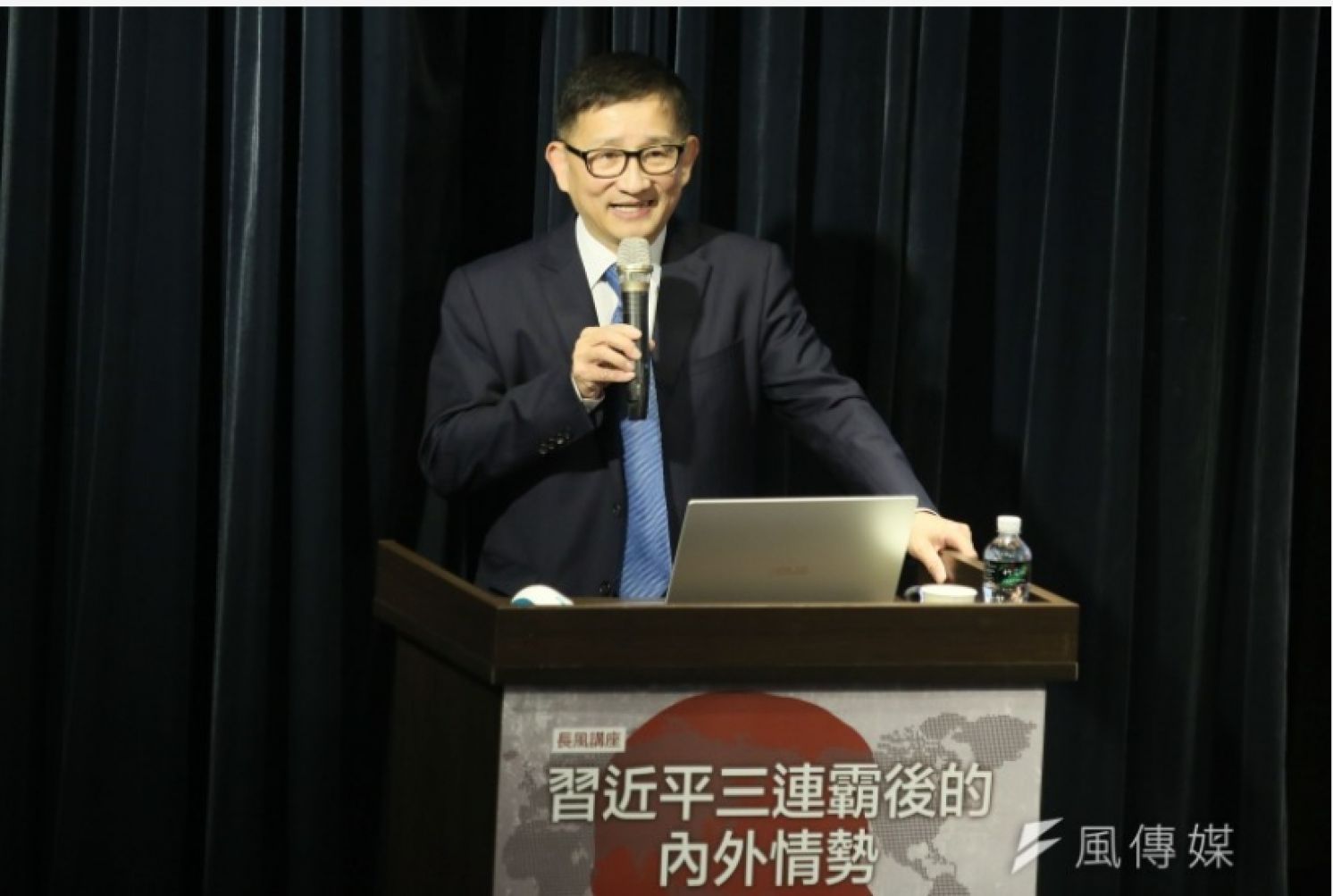
Next Five Years:China to Focus on Security Over Economy
China Times, October 24, 2022
The 20th National Congress of the Chinese Communist Party has concluded, and mainland China will begin its next five years. Li Cheng, an expert on China from the United States, believes that economic development is not China’s focus now, they are more focused on security, stability, battling, and innovation. Especially in terms of international relations, Xi Jinping believes that the United States is trying to subvert China, so it must fight against the Western world and face the pressures. On the other hand, Beijing believes that nothing is more important than technological innovation and strength. Therefore, it is actively cultivating talent from the central enterprises.
Hosted by the Fair Winds Foundation and co-organized by China Times and the Storm Media Group, a forum on the “Internal and External State of Affairs After Xi Begins Third Term” was held in Taipei on October 23. Former Premier Jiang Yi-huah moderated the forum featuring Director Li Cheng of the John Thrton China Center of the Brookins Institution and Wu Yu-shan, academician of the Academia Sinica, was invited to be a discussant.
Assessing the future of the U.S.-China relations, Li believes that the relationship has continued to deteriorate after Biden took office, indicating that the problem between the two countries is not the leaders, but the contradiction between China and the United States in the world power structure, that is, the competition between the number one and two powers. Li indicated that although U.S.-China relations is not to the point of having plummeted vertically in recent years, they have experienced an all-round spiral of deterioration, with no end in sight.
Li indicated that the deterioration of the U.S.-China relations is reflected in many aspects: the trade war in the economic and financial fields, differences in ideology and political views, problems arising in the diplomatic realm, competition when it comes to the fields of science, technology, aerospace, biology, and artificial intelligence. And when it comes to the military, the dangers of a conflict arising in the Taiwan Strait, the South China Sea, and the East China Sea continues to rise. And in the areas of culture and education, there have been tighter controls on exchanges between the two sides.
Li indicated that the upcoming Chinese diplomatic team, including the current Minister of Foreign Affairs Wang Yi, Director Liu Jianchao of the International Liaison Department of the Communist Party, Ambassador to the United States Qin Gang, and party secretary Qi Yu of the Ministry of Foreign Affairs, will all play a big role.
Wu Yu-shan discussed the mainland's future "probability of launching a war." He explained with a formula that if Beijing were to launch a war, it would involve "unified values" (depending on Xi Jinping's personal power status), "the possibility of reunification" (depending on Taiwan's politics), and a “balance in force” (the communist army confronting the national army and the U.S military, which will depend on the military development of both sides, and the commitment of the United States), “cost” (mainly economic sanctions) and other factors.
Wu stated that from Beijing’s point of view, there are several situations that will lead to increased risks on both sides of the Taiwan Strait, including if Communist China’s leadership faces challenges, they need to have a strong front. Therefore, 2027 will be more dangerous than 2023. Taiwan’s stance of independence, the U.S.'s strategy becoming clearer, these will all reduce the possibility of reunification. The gradual decoupling of the China and the American economy will reduce the ability of Europe and the United States putting sanctions Beijing.
Communist China’s personnel on Taiwan affairs will have changes. Li believes that in general, Communist China will be even more firm to Taiwan, but he believes that it is unlikely that they will use force against Taiwan. Wu said in this regard, the Taiwan Strait issue is highly internationalized, and Beijing needs people with international vision to handle cross-strait issues. Wang Yi has now become the "new czar" of foreign affairs, in addition, he was in charge of Taiwan affairs before, so his influence may increase. In the future, people with experience in international affairs may continue to deal with Taiwan-related issues.
From: https://www.chinatimes.com/amp/newspapers/20221024000527-260303